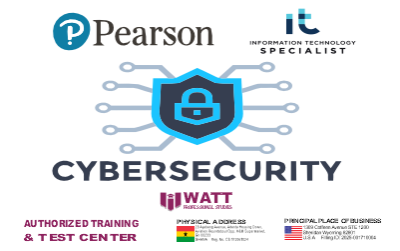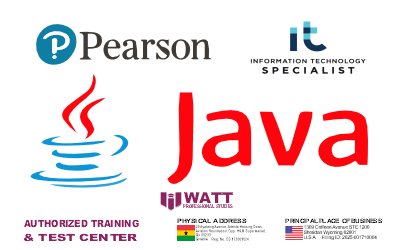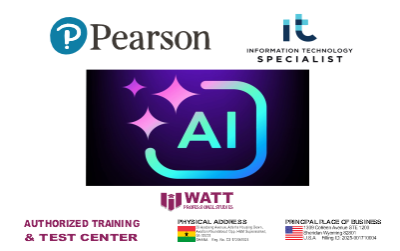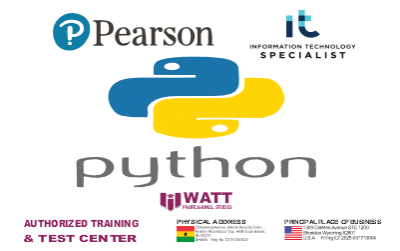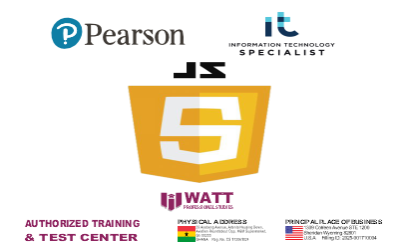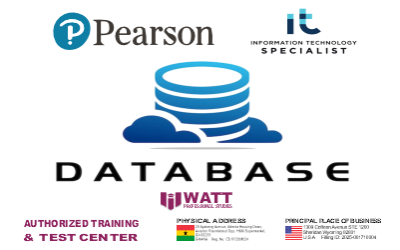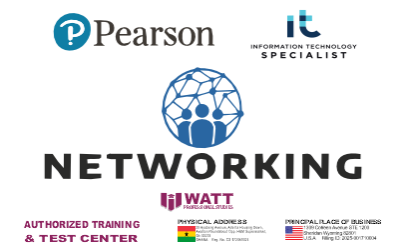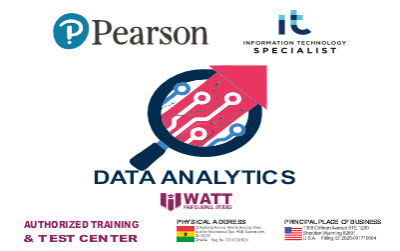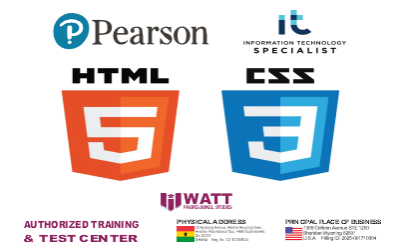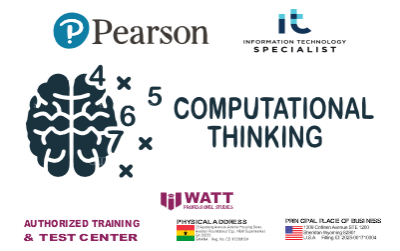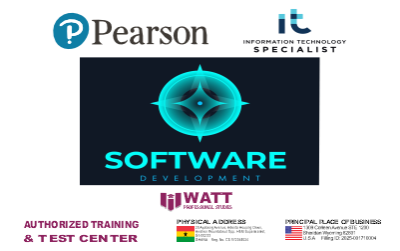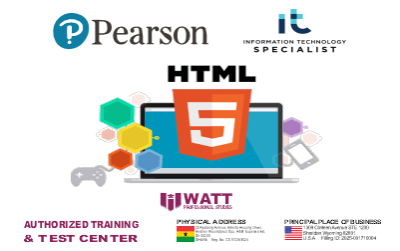CYBERSECURITY ITS PERSON CERTIFICATION
The Network Security Certification course is based on learning the different techniques, tools and technologies to protect the network from unauthorized access. Upon completion of this course, learners can expect to have knowledge of identifying the different types of attacks, configuring the user authentication, identifying the protocols, implementing email protection, and managing browser security. Students will also learn to configure anti-malware and antivirus software. The goal of this course is to provide learners with the tools and techniques needed to prepare for the Network Security certification—including text explanations, video demos, lab activities, self-assessment questions, and a practice exam—to increase their chances of passing the exam on the first try.
English
Last updated
Wed, 14-Jan-2026

